What is a Research Paper Introduction?
A research paper introduction is like the friendly "hello" at the beginning of your paper. It's the part that tells your reader what your paper is all about.
In simple terms, it's where you introduce your topic and tell your readers what they can expect from your paper.
It's not the place for all the essential details; instead, it's a sneak peek that gets them interested.
Why is it Important?
A research paper introduction is important for a few reasons:
- Grabs Attention: A good introduction grabs your reader's attention like a catchy tune. It makes them curious about what you have to say.
- Set the Tone: It gives your reader a hint of what's to come, preparing them for the journey through your research.
- Guides the Reader: Think of the introduction as a roadmap. It tells your reader where you're going and why. This way, they can follow along more easily.
- Shows Purpose: It's where you explain why your research matters. What's the point? Why should anyone read it? The introduction spells out the purpose of your paper.
How Long Should a Research Paper Introduction Be?
Deciding on the ideal length for your research paper introduction depends on a few things, like the type of research you're doing and your academic guidelines.
While there's no strict rule, there's a general recommendation to make your introduction about 5-10% of your whole paper.
So, if you have a 10-page paper, your introduction might be half a page to a full page. This proportion helps give enough information without overwhelming your reader right from the start.
How to Write a Research Paper Introduction - 7 Easy Steps
Crafting a compelling research paper introduction is vital for engaging your audience and setting the stage for your study. Here's a detailed step-by-step guide to writing a good one:
Step 1: Understand Your Audience
Before diving into the writing process, take time to understand your audience thoroughly. Consider their familiarity with the topic, their academic background, and their specific interests.
This understanding will guide your tone, language, and level of technicality in the introduction to ensure it resonates effectively with your readers.
Example: If you're writing about advancements in quantum computing, and your audience is composed of physicists, you can use technical terms and assume a deeper understanding. However, if your audience includes general readers interested in science, you'd want to explain these complex concepts in simpler terms to ensure comprehension. |
If you haven't settled on a research topic, explore our blog on research paper topics to find hundreds of options.
Step 2: Hook Your Readers with an Engaging Opening
Capture your reader's attention with an engaging and thought-provoking opening. Use a compelling anecdote, a surprising fact, or a relevant quote to draw readers into your topic.
This initial hook should make readers curious and excited to learn more about your research.
Example: If your research is about the impact of climate change on wildlife, start with a striking statistic like, "In the past decade, global warming has led to a 30% decline in the population of polar bears, highlighting the urgent need to address climate change's repercussions on biodiversity." |
Step 3: Clearly Define Your Research Topic
Start your introduction by clearly telling what your research is about. Explain the main topic of your paper in a way that's easy to understand.
This helps your readers know right away what your research is focusing on without any confusion.
Example: If your research is centered around the use of artificial intelligence in healthcare, then your introduction should start by explicitly stating, "This paper investigates the integration of artificial intelligence in healthcare systems to enhance diagnostics and treatment efficiency." |
Step 4: Provide Context and Background
Offer comprehensive background information to your research topic, providing context for your readers. Explain the historical or theoretical backdrop, current status, and any relevant developments in the field.
This will help your audience grasp the significance of your research within a broader academic or real-world framework.
Example: If your research is about sustainable energy, you might talk about the global challenge of climate change, the need for cleaner energy sources, and how your study aims to contribute by exploring new, eco-friendly technologies. |
Step 5: State Your Research Question or Hypothesis
Clearly state the main research question or hypothesis your study aims to address. Ensure that this statement is concise, precise, and clear.
This statement acts as a guide for your readers, showing them the purpose and direction of your research.
Example: If your research revolves around the impact of online learning on student performance, your introduction could pose the question, "To what extent does online learning positively or negatively influence academic achievement in secondary education?" |
Step 6: Outline the Scope and Objectives
Briefly explain what your research covers and the specific goals you're aiming for. This helps people know what your study is all about and what you want to achieve.
This gives your readers a map so they know what to expect and how deep your research goes.
Example: If your research is about the impact of social media on mental health. You can mention that your study focuses on teenagers and aims to understand how social media use affects their well-being, including aspects like self-esteem, sleep patterns, and overall happiness. |
Step 7: Provide a Thesis Statement
Conclude your introduction with a concise and clear research paper thesis. Summarize the main argument or purpose of your research paper in a single, focused sentence.
This thesis statement guides your readers and prepares them for the detailed exploration of your study in the rest of the paper.
Example: For a research paper exploring the relationship between social media and mental health, your thesis statement could be, "This study delves into the complex interplay between prolonged social media usage and mental health outcomes among adolescents, aiming to shed light on the nuanced effects of digital interactions on overall well-being." |
Tips for Writing an Empirical Research Paper Introduction
Crafting an effective introduction for an empirical research paper requires attention to detail and a strategic approach.
Here are some essential tips to guide you in creating a strong and engaging opening:
- Clearly articulate the central issue or question your research aims to address.
- Provide concise context, emphasizing the gap or need your study fulfills.
- Clearly express your research hypothesis or question early on.
- Briefly describe the methodology used in your empirical study.
- Provide key details about the sample or participants involved.
- Clearly convey the importance of your research within the larger context.
- Keep your introduction focused, avoiding unnecessary details or complexity.
- Conclude your introduction with a seamless transition into the methodological details.
Here’s an example of an empirical research paper introduction:
Empirical Research Paper Introduction - Example In examining the impact of mindfulness practices on stress levels among college students, our study addresses a prevalent concern in higher education. Despite the growing popularity of mindfulness interventions, the specific effectiveness within the college demographic remains underexplored. This study seeks to fill this gap by investigating the relationship between mindfulness training and stress reduction among undergraduate students. Employing a mixed-methods approach, combining surveys and qualitative interviews, our research aims to provide a comprehensive understanding of the experiences and perceptions of students participating in mindfulness programs. The sample includes 200 students from various disciplines, ensuring diverse perspectives. This empirical exploration is crucial not only for academic discussions but also for offering practical insights into effective stress management strategies for college students, a demographic navigating unique challenges. |
Tips for Writing Argumentative Research Paper Introduction
Given below are some tips to help you write a compelling introduction for your argumentative research paper.
- Clearly articulate your stance or thesis statement in a straightforward manner.
- Offer brief context to orient readers, explaining the relevance and significance of your argument.
- Introduce the key issues or controversies related to your topic to engage readers from the outset.
- Clearly define any essential terms or concepts integral to understanding your argument.
- Begin with a hook that grabs attention, such as a thought-provoking question, relevant quote, or surprising fact.
- Briefly outline the main points or arguments you will present in the body of your paper.
- Establish your credibility and authority on the subject by mentioning relevant qualifications or expertise.
- Tailor your introduction to your target audience, ensuring it resonates with their interests and concerns.
Take a look at this example of an argumentative research paper for a better understanding:
Argumentative Research Paper Introduction - Example In the ongoing discourse surrounding climate change policies, our research contends that implementing stricter emission regulations is imperative for mitigating environmental degradation. As the global community grapples with the consequences of climate change, the urgency to address this issue becomes increasingly evident. This paper seeks to establish the case for stringent emission controls, emphasizing their crucial role in curbing the escalating environmental crisis. By delving into the controversies surrounding current policies and presenting a comprehensive analysis of the environmental impact, we aim to contribute to a nuanced understanding of the necessity for stronger regulations. This argument is particularly pertinent in the face of growing skepticism and debates surrounding climate change initiatives. As we explore the intricacies of emission control policies, our objective is to not only persuade readers of the urgency of this matter but also to stimulate informed discussions on the imperative need for more robust regulatory measures. |
Research Paper Introduction - Template
If you are still having problems writing the introduction of a research paper, you can follow this template:
Begin with a captivating element like a fact, question, or quote
Provide a brief backdrop to your topic
Clearly state your main question or problem
Outline specific goals and limits of your study.
Highlight its importance in academia or the real world.
Conclude with a concise summary of your main argument. |
Research Paper Introduction Examples
Looking at the examples of research paper introductions can assist you in writing an engaging opening for your own work.
Given below is an illustrative sample that incorporates key elements essential for a compelling research paper introduction.

If you’re still uncertain about writing a compelling introduction for your research paper, take a look at the following examples for guidance:
Visit our complete guide on research paper examples to get practical samples and examples for your research writing.
Do's and Don'ts of Writing a Research Paper Introduction
Creating a successful research paper introduction is crucial, and there are several key factors to consider. Here's a simple guide outlining the essential do's and don'ts for this critical aspect of research paper writing.
Do's | Don'ts |
Engage with a compelling hook | Start with overly broad statements |
Clearly state the research problem | Overwhelm with technical jargon |
Provide context and background | Include irrelevant details |
Clearly define the scope and objectives | Be vague or ambiguous |
End with a concise thesis statement | Include unsubstantiated claims |
Keep it accessible to a broader audience | Assume prior knowledge without explanation |
Be concise and focused | Use overly complex language |
Use a logical structure | Introduce too many ideas at once |
Check grammar and spelling | Neglect proofreading |
In conclusion, writing an effective research paper introduction boils down to a few key principles. By incorporating engaging hooks, clearly defining your research problem, and providing relevant context, you lay a strong foundation for a successful research paper.
Remember to captivate your readers, be clear, and clearly state your objectives.
Ready to take your academic writing to the next level?
Visit MyPerfectWords.com to buy research paper online at affordable prices. Our team of skilled writers is dedicated to helping you achieve academic excellence.
Trust us to 'do my paper' on your behalf today!



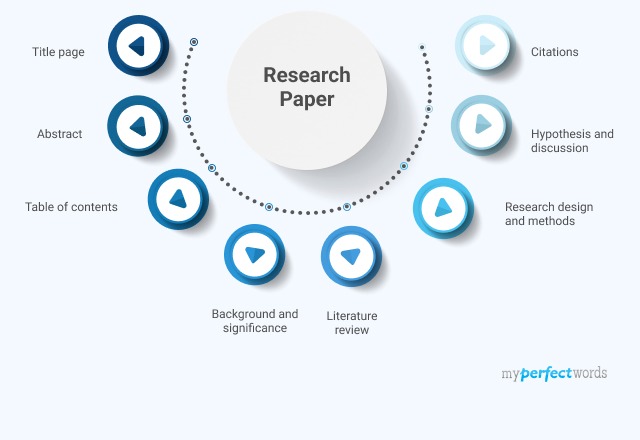

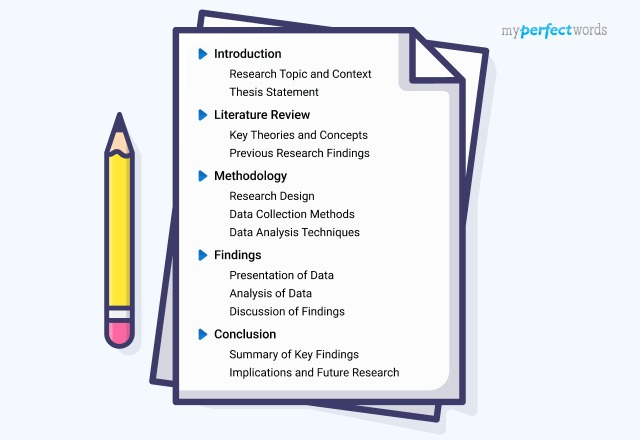
-9352.jpg)
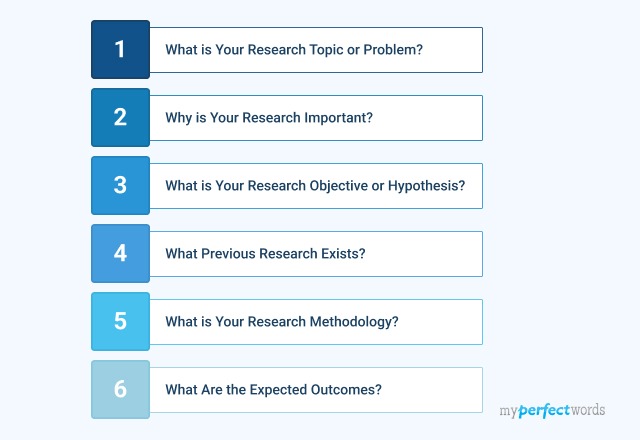
-9374.jpg)



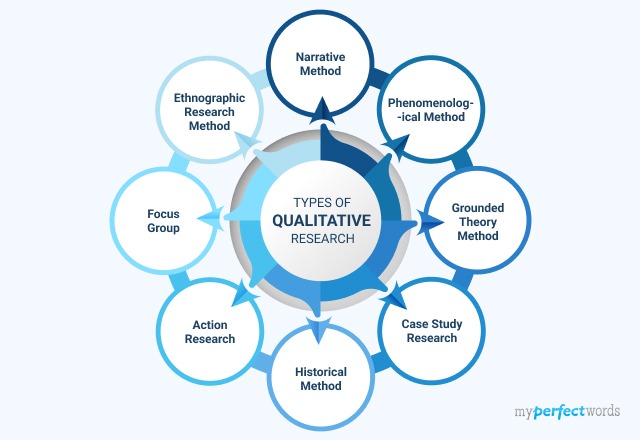













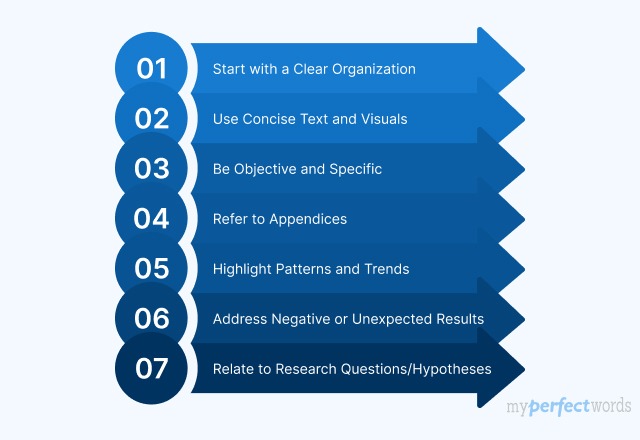


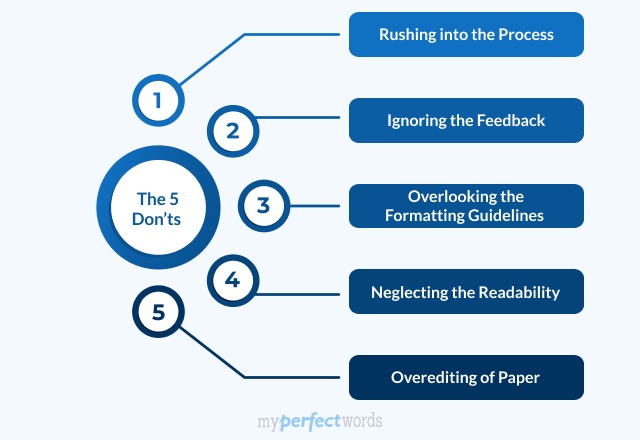
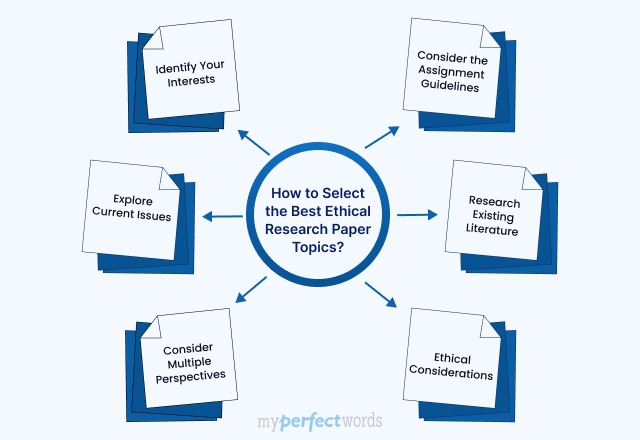

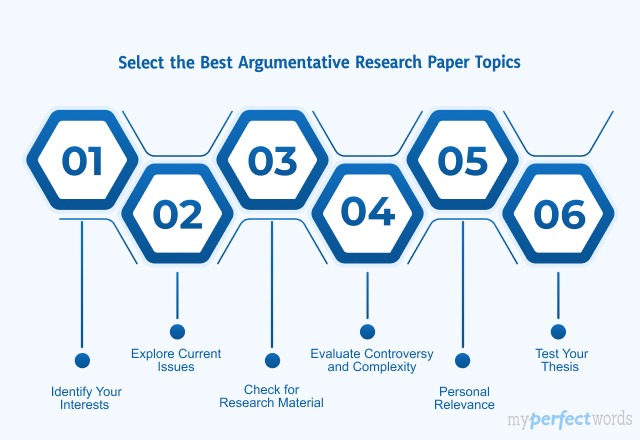
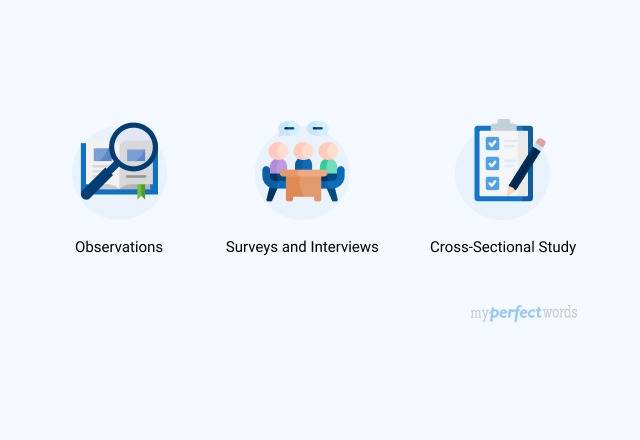
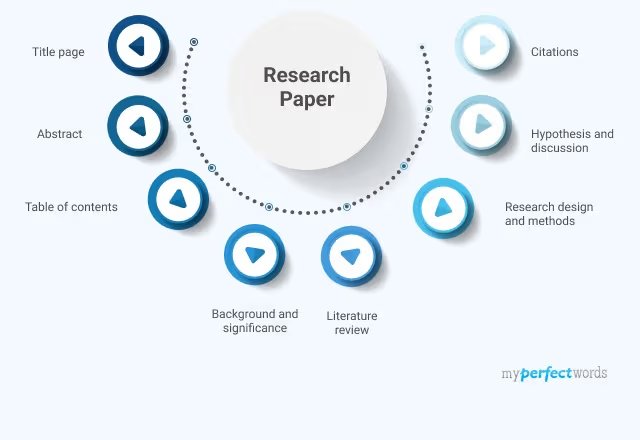
 (2))
)
 (1))
 (1))
 (1))
 (1))
 (1))
 (1))
-20419.png)
-20426.png)
-20431.png)